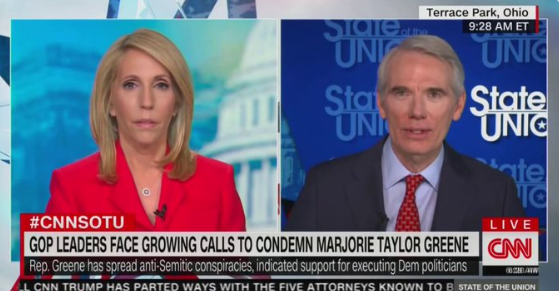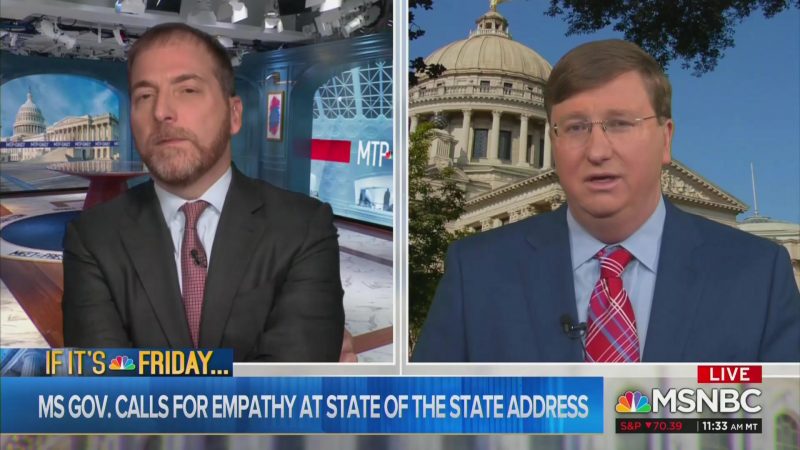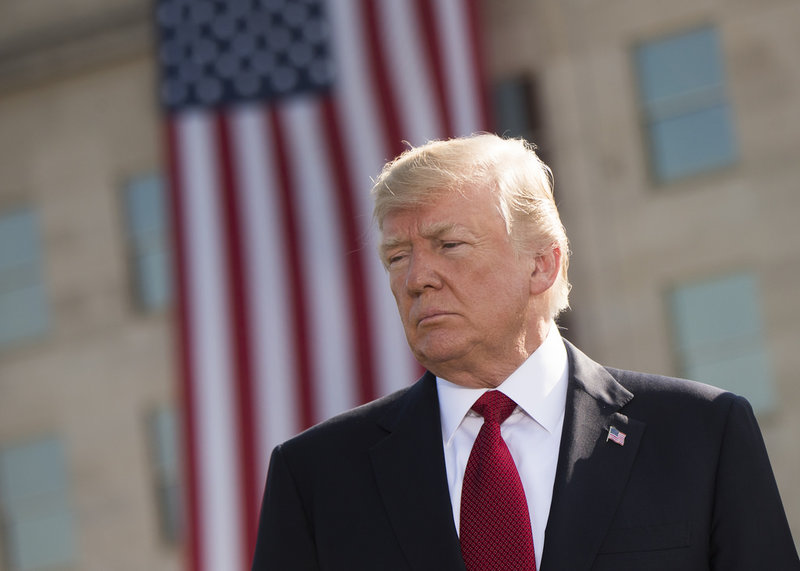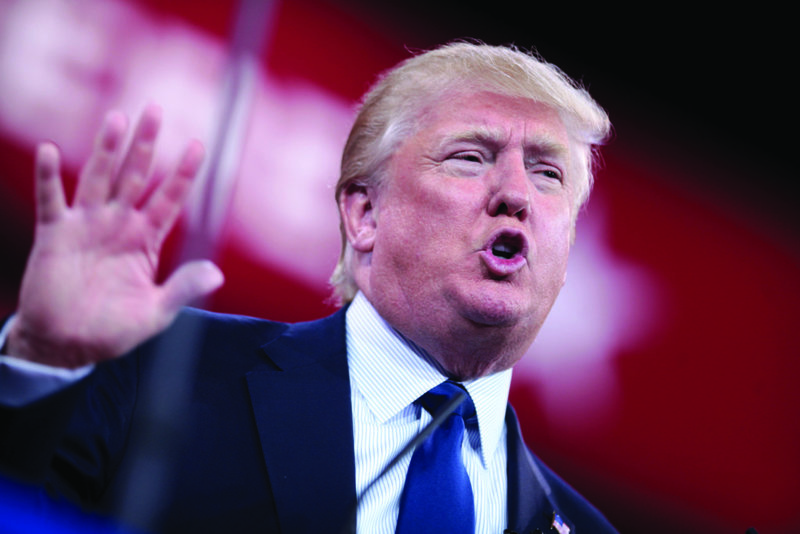Trump’s GOP Gains In The Senate Mean Almost Nothing Against A Democratic House
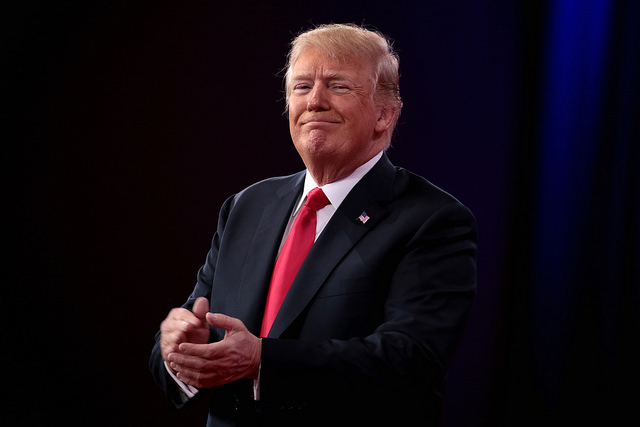
While the political world squabbles partisan interpretations of whether or not there was a blue wave or a red wave in Congress, let’s remember that Republicans already controlled the Senate.
Even with a fully GOP-controlled government, the Senate rarely accomplished anything in the last two years beyond renaming postal offices and confirming Trump’s judicial nominees—which Democrats can only do so much resisting against Senate Majority Leader Mitch McConnell’s brazenly machiavellian procedural tactics—so additional Republicans mean little beyond giving breathing room for Republican moderates Lisa Murkowski and Susan Collins, whose votes won’t as often be the controversial tipping points for Senate decisions. Extra senators are irrelevant to a Democratic majority in the House.
Accordingly, the next two years Congress will likely be paralyzed with gridlocked votes geared more for 2020 posturing than practical consensus, and, while a Democrat wields the House gavel, the GOP pick-up senators are likely to find unfulfilling work voting up too conservative legislation that will never pass in the House, and voting down too liberal legislation courtesy of House Democrats.
Prospective Speaker of the House Nancy Pelosi used her election night speech to call for bipartisanship, but the most pressing issues in this election—healthcare, immigration reform, and voting rights—just don’t have much room for compromise in this political climate. An infrastructure deal is the obvious kumbaya possibility, but it was the obvious kumbaya moment after Election 2016, too, before a marathon of ever-rescheduled “Infrastructure Weeks” Trump planned and neglected throughout 2017 and early this year. Meanwhile, the recent Republican tax cuts don’t leave anywhere near the $1.5 trillion experts, and even Trump agree is the minimum needed to save bridges from collapsing all across the US.
Note also that Republicans’ biggest electoral challenges remain Republican primaries, and the biggest GOP players in the Senate with dreams of a presidential nomination aren’t going to sign their name to any deal that would invite a persuasive challenge from the right over amnesty and citizenship for illegal immigrants, healthcare protections for pre-existing conditions or any other perceived defense of Obamacare and socialism, or a national voting rights overhaul that ruins the good thing Republicans have going on in slyly finding ways to disenfranchise tens of thousands of voters in local and state elections, and blatantly gerrymandering state district lines to win disproportionate majorities in Congressional delegations, and legislating federally according to the rather radical impulses of a hyper-vocal minority of disproportionately rural, white voters and egotistically wealthy villains of social welfare, whose respective gullible racial fears and avarice the GOP caters to for votes and all-but campaign bribes, respectively.
On the other side of the Capitol, Democrats will design their 2020 platform with ambitious, sweeping liberal reform acts that have no chance in the Republican Senate. The Congressional wild card is of course President Trump, whose manic lack of ideals and psychological inconsistency scuttled several possible Republican efforts to repeal Obamacare, which wasted his early political capital. Several times Trump’s self-destructive spontaneity allowed Democrats to outflank many of Republicans’ more draconian 2017 legislative ideas, and perhaps the future Speaker can trick him into signing on to a House bill with an opportunistic and timely compliment on his Presidential skills.
However, amicability is more likely impossible as the glaring grand prize of Election 2018 is the power of subpoena and committee chairmanships Democrats have secured. Democrats will soon be able to grind Congress to a halt and finally, adequately investigate the cornucopia of scandals and suspected crimes in Trump’s presidential campaign, transition and administration, as well as his personal financial entanglements, alleged money laundering deals, daily emoluments clause violations, and apparent collusion with transnational energy schemes.
Donald Trump was spinning this election as a red wave before voting even began and will continue to boast of saving the Senate, but, when January sets in, Trump will feel the sharp sting of his 2018 losses when representatives he has long infamously mocked—including Maxine Waters, Adam Schiff, and Elijah Cummings—eagerly embrace their regulatory and oversight responsibilities.
A Democratic House can also call Bob Mueller for nationally televised hearings over his findings on Trump’s alleged collusion with the Russian government in the event Trump attempts a Saturday Night Massacre engineering the firing of Jeff Sessions, Rod Rosenstein and Mueller.
Even if Republicans had won the entire Senate, they could not protect Trump if Mueller’s FBI team has a damning report, and one hundred senators could not pass a single piece of legislation in the Democratic House.
(Picture courtesy of Gage Skidmore.)

